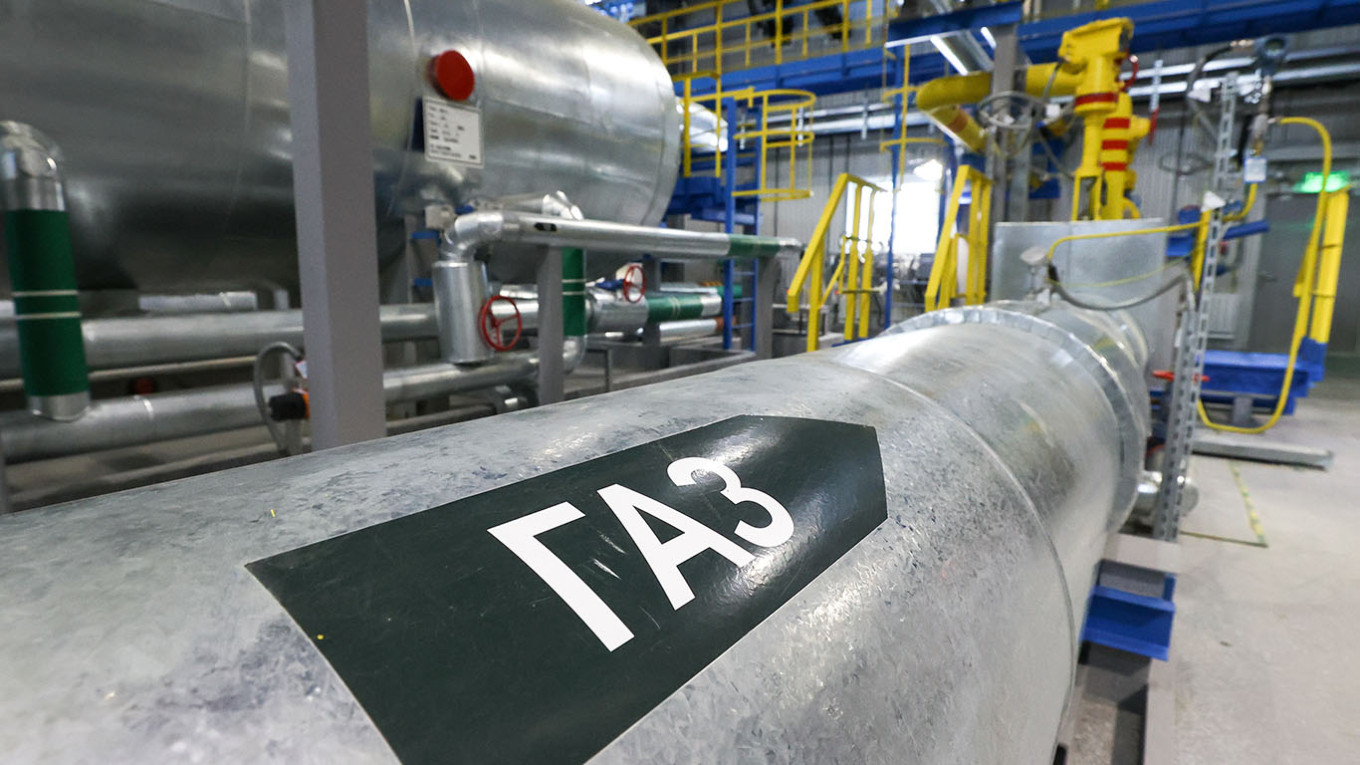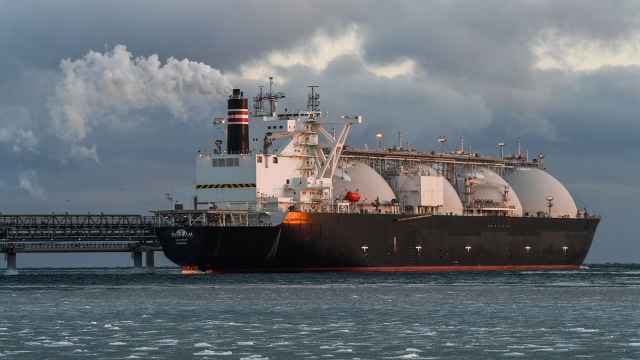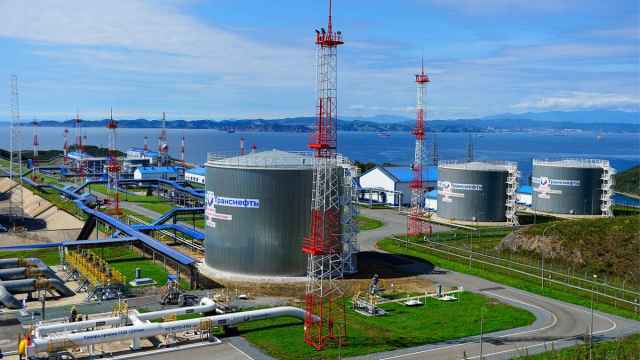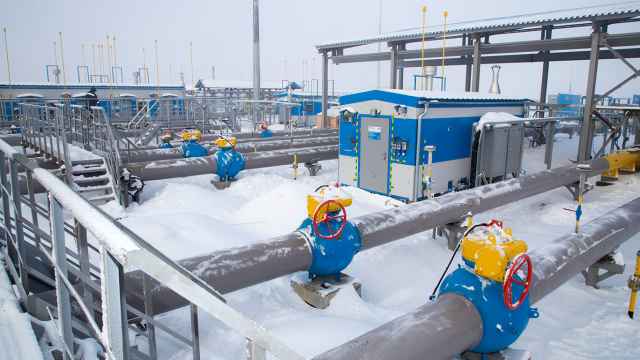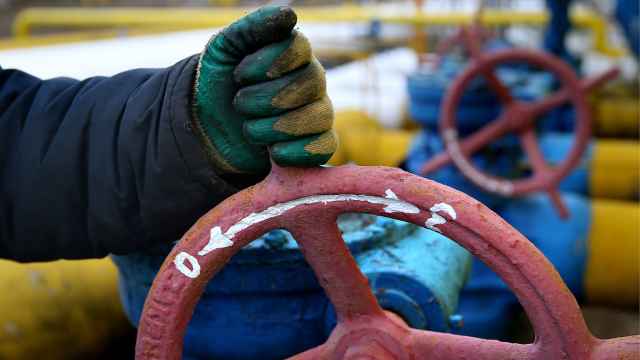Brussels on Tuesday revealed more details for its proposal to ban Russian gas imports by the end of 2027, seeking to break decades of energy dependency that the EU has struggled to unwind since Moscow’s full-scale invasion of Ukraine.
The plan would prohibit new Russian gas contracts starting Jan. 1, 2026, and end imports under existing short-term contracts by June 17, 2026. All remaining imports would be phased out by the end of 2027, the European Commission confirmed.
“Russia has repeatedly attempted to blackmail us by weaponizing its energy supplies. We have taken clear steps to turn off the tap and end the era of Russian fossil fuels in Europe for good,” Commission President Ursula von der Leyen said.
Unlike previous sanctions, the ban would rely on trade and energy laws to restrict Russian gas — a move designed to bypass potential opposition from member states like Hungary and Slovakia, which maintain generally amicable ties with the Kremlin and still import Russian pipeline gas.
The proposal must be approved by both the European Parliament and the European Council, which represents EU member states.
While sanctions require unanimous approval from all 27 EU countries, trade restrictions only need support from a qualified majority of at least 15 member states.
The EU banned most Russian oil in late 2022 and has worked since then to reduce its dependence on Russian gas. Pipeline imports have dropped significantly, but purchases of Russian liquefied natural gas (LNG) — shipped by sea — have risen in several countries.
Russia still supplied 19% of the bloc’s gas in 2023, down from 45% before the war, according to EU data. Of that, 32 billion cubic meters came through the TurkStream pipeline and another 20 billion through LNG shipments.
A senior EU official said the ban would likely trigger arbitration cases, as some companies hold long-term contracts extending beyond 2027.
But EU Energy Commissioner Dan Jorgensen said importers would be protected from legal consequences.
“Since this will be a prohibition... the companies will not get into legal problems. This is force majeure, as if it had been a sanction,” he said Monday.
A Message from The Moscow Times:
Dear readers,
We are facing unprecedented challenges. Russia's Prosecutor General's Office has designated The Moscow Times as an "undesirable" organization, criminalizing our work and putting our staff at risk of prosecution. This follows our earlier unjust labeling as a "foreign agent."
These actions are direct attempts to silence independent journalism in Russia. The authorities claim our work "discredits the decisions of the Russian leadership." We see things differently: we strive to provide accurate, unbiased reporting on Russia.
We, the journalists of The Moscow Times, refuse to be silenced. But to continue our work, we need your help.
Your support, no matter how small, makes a world of difference. If you can, please support us monthly starting from just $2. It's quick to set up, and every contribution makes a significant impact.
By supporting The Moscow Times, you're defending open, independent journalism in the face of repression. Thank you for standing with us.
Remind me later.


